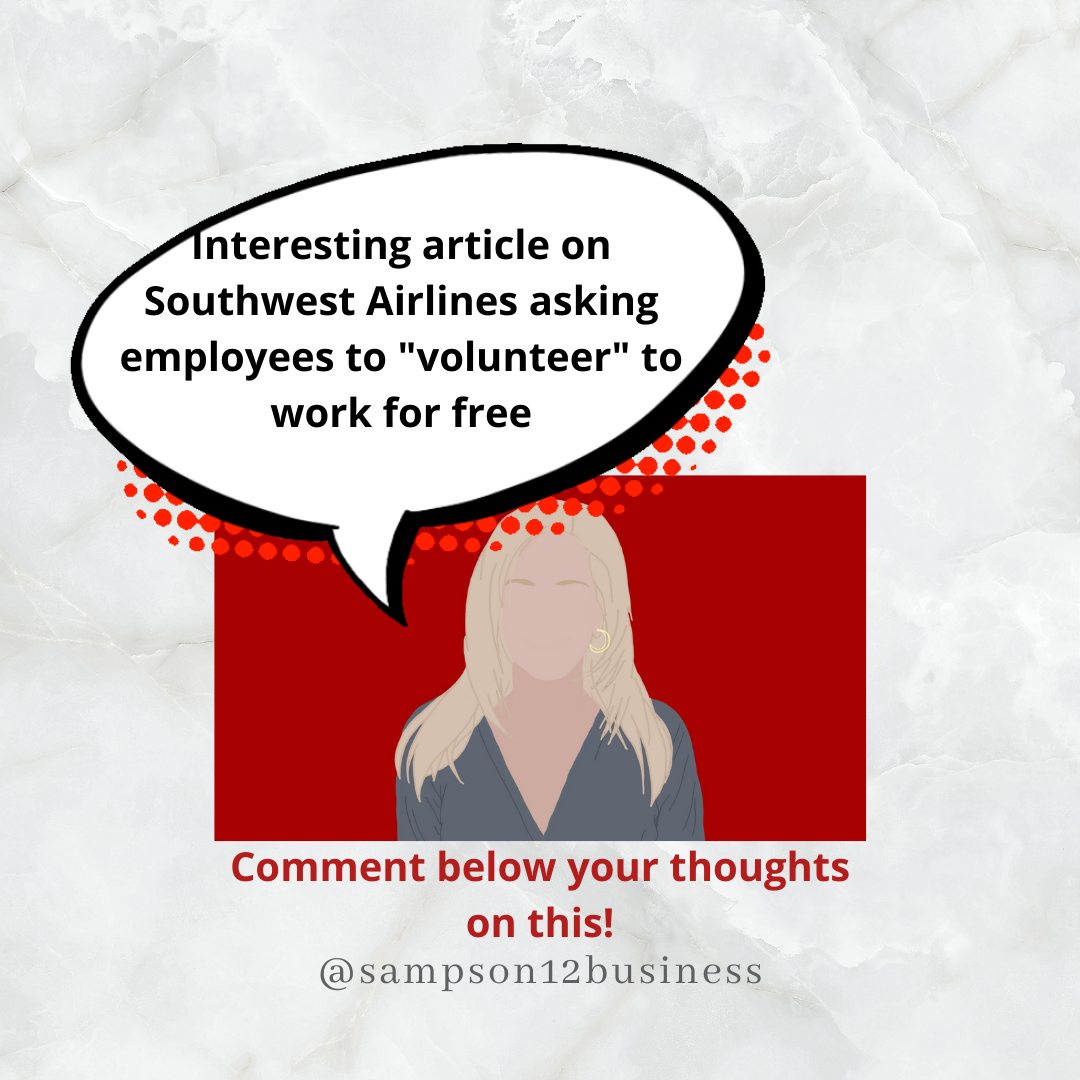Katelyn here! Earlier this month I shared with my followers in my private FB community “the Savvy Boss Club” the December 2021 financial planning calendar. This calendar is based on the same financial planning calendars that I used many times before at large multinational corporations.
This time every year you can expect your finance partners to be busy finalizing the draft version of the 2022 financial plan by using estimated Dec'21 results (because the full-year results won't be available until January when December has officially closed).
Technically though, I had my business unit dialed in and we had our plan mostly done all the way back in September. Which means that I started sending my team their planning templates back in March.
And I did that because if my team had any hope of getting the money they wanted approved by executive leadership in October, I had to start the negotiations back in July.
Keep in mind I was negotiating for a minimum of $400M.
I am very proactive when it comes to planning for a lot of reasons. One reason is because my dad is a real estate developer. I grew up hearing about how in order to make a profit, first you have to invest in all the resources you need. If you don't have the resources you need then you can't make the thing you want to make and you certainly can't sell it.
And those pesky finance folks can get in the way of allocating the right amount of budget to get those materials and build those houses!
I really do have so many stories of my internal battles with finance coworkers and leadership to advocate for my business to get the budget they requested.
But I couldn't advocate for anything if I didn't have my team dialed in working with me to create our financial plan at the right time.
It is critical for the success of your business to have a financial plan for 2022. And that's just in general, not even counting the sky-rocketing inflation, supply chain crisis, labor shortage, and a ridiculous list of current events that are currently taking a toll on people.
So here are five steps you can take today to create your 2022 estimated financial plan:
Step 1: Download your bank statement into csv or excel format.
Everything should always tie back to your bank statement! Now keep in mind that cash flow is not the same as profit and you have to take extra steps to correctly recognize revenue and expenses.
Step 2: Categorize your revenue and expenses in broad categories.
You can do this easily directly in the csv or excel sheet that you downloaded. Just pick a column next to the data and in the same row each transaction add common category.
Step 3: Make adjustments.
Be sure to add to the end of the data any additional revenue or expenses you expect to incur by the end of the year that are not yet reflected in your bank statement. An example would be if you are running Facebook Ads and the ad is running and you are incurring a liability but Facebook hasn’t charged you yet. Add this expense at the bottom of your transactions list with an estimated amount.
Step 4: Total everything up according to the categories in a P&L format.
If you need help with a P&L format comment below “P&L”.
Step 5: Duplicate the totals and use a multiplier for each category.
Take your 2021 estimated results and use that as the base for your 2022 financial plan. Then multiply each category by a growth multiplier. Especially when there is high inflation, you need to include the impact of expected higher expenses in the future.
If you want to see my live training on these 5 steps you can view it here: https://fb.me/e/4mQunQeoc
Comment below “financial plan” for help creating a custom 2022 financial plan today!







